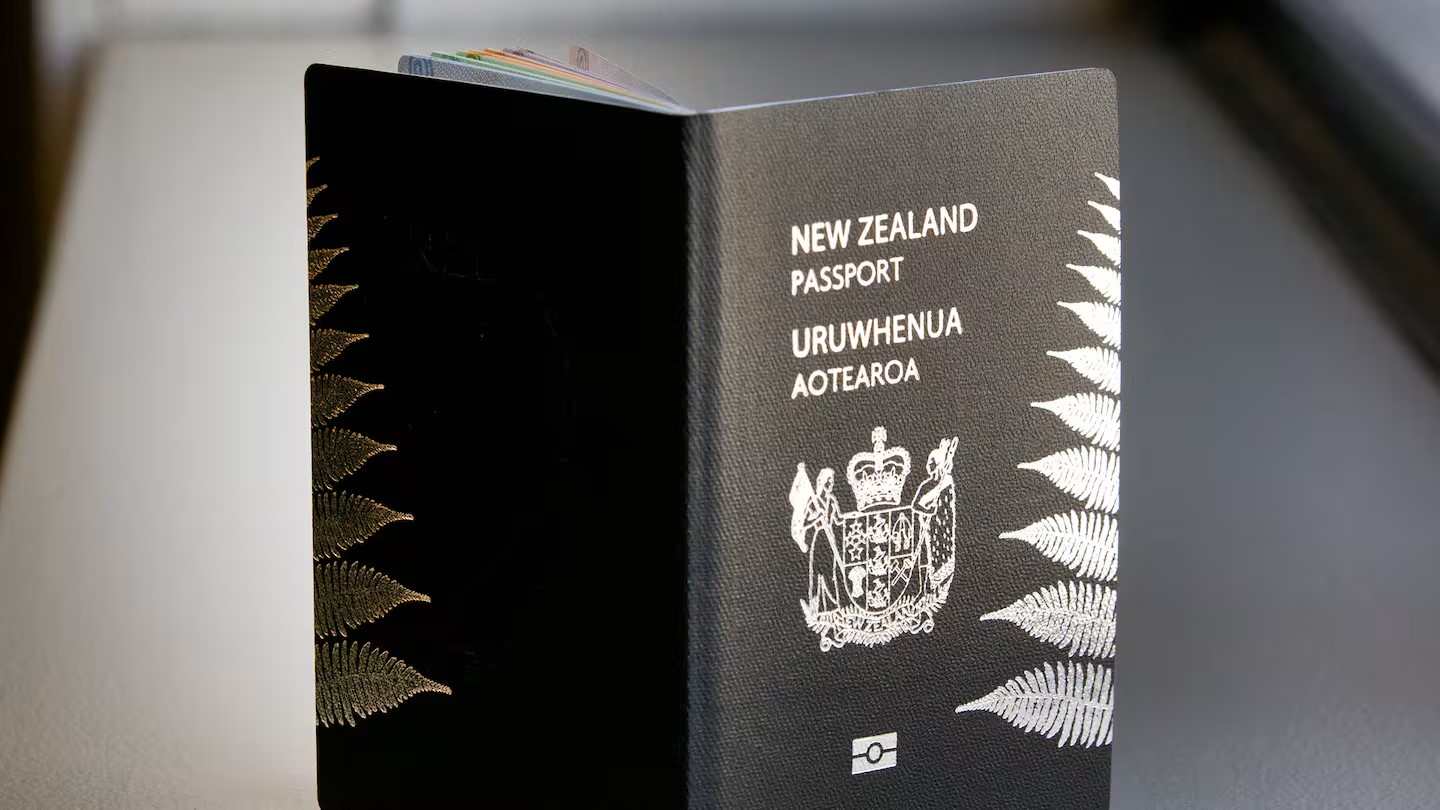From face-scanning boarding to eco-friendly planes – here’s how the future of flying is shaping up
If you’ve ever stood in a long airport queue juggling passports, boarding passes, bags, and maybe even kids, here’s some good news: that travel stress may soon be a thing of the past.
The travel world is undergoing a major transformation—one where digital convenience, artificial intelligence, and eco-friendly innovations are redefining the journey from takeoff to touchdown.
The Passport-Free Future is (Almost) Here
Imagine showing up at the airport and walking straight to your gate—no passport fumbling, no paperwork stress, just a quick facial scan and off you go. That’s exactly the vision being shaped by the International Civil Aviation Organization (ICAO), a UN agency leading the charge for smarter travel systems.
Instead of a paper passport, travellers would carry a “journey pass” on their phones. This digital identity would update automatically as plans change—seat numbers, boarding gates, delays—and could work hand-in-hand with facial recognition technology to make check-ins and security clearance smooth and fast.
💬 “Different airports are adopting this at different speeds,” says Mike Williams, Chief Transformation and Alliances Officer at Air New Zealand.
“But many are already using facial recognition for boarding. It’s quicker, easier, and much more pleasant—especially when you’ve got kids or elderly parents with you.”
AI Is the New Travel Agent
And it doesn’t stop at the airport.
AI is rapidly changing how we plan our trips, too. Imagine asking a travel app, “I’ve got three days in Mangawhai with the family—what should we do?” and getting a fully planned, custom itinerary within seconds. Mike Williams tried it himself and was amazed at how accurate and enjoyable the AI-crafted experience turned out to be.
Morning hikes, afternoon markets, sunset beaches—it’s all there, tailored to your vibe.
“The time we spend planning travel often eats into the time we have to actually enjoy it,” Williams explains. “AI is helping flip that around.”
Flying Green: The Eco Revolution
Travelers today aren’t just looking for comfort and convenience—they want to reduce their carbon footprint too. And airlines are listening.
Companies like Air New Zealand are pushing for eco-friendly aircraft powered by alternative fuels like hydrogen, and exploring futuristic fuselage shapes designed to reduce drag and save fuel.
While these innovations are still years in the making (developing safe, scalable green aircraft takes time), the short-term changes are already in motion.
Air New Zealand’s SkyNest—the world’s first in-flight bunk bed for economy passengers—is set to launch soon, promising a more restful experience on long-haul flights.
👀 As for those quirky, double-decker seating arrangements some airlines are toying with? Williams doesn’t think they’re in Air New Zealand’s future—but he welcomes the creative thinking.
Bonus Tip: Travel Smart
With all this high-tech change, it’s easy to forget the basics.
AA Travel Insurance reminds travellers to save digital copies of their policy documents right on their phones. That way, if anything happens—missed flights, lost bags, unexpected emergencies—you’ve got everything you need at your fingertips.
And don’t skip the fine print. Knowing exactly what your policy covers can save you a world of stress later on.
The Bottom Line?
The next generation of travel is going to be smarter, faster, and a lot more human-centered.
- No more passport panic at the gate
- Trips planned in seconds with AI
- Eco-innovations shaping a greener future
- More comfort in the sky—even for economy fliers
We’re on the edge of a travel revolution—and it’s one that could make jet-setting more enjoyable, accessible, and sustainable for everyone.


